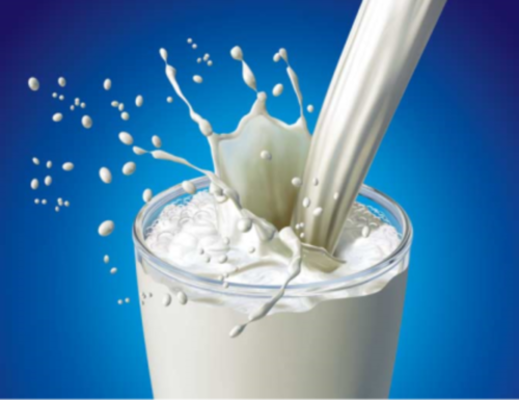We can all remember that Pauls milk ad from 2010 where old mate from the milk bar rattles off the list of milk options to the customer who just wants “milk that tastes like real milk.”
“Low fat, no fat, full cream, high calcium, high protein, soy, light, skim, omega 3, high calcium with vitamin D and folate, or extra dollop?” she recites in a monotone voice.
Ringing any bells?
Well confused readers, we now have even more milky options than we did in 2010, with the introduction of almond milk (dirt water), oat milk (have you been drinking?) and even rice milk (we get it, you’re eccentric).
So how, when strolling the supermarket aisle for the most nutritious choice for ourselves and our children, are we meant to decide between milks when there are so many to choose from, each claiming to have health benefits greater than the last?
Well I’ve done a little research and here’s what I’ve found.
Chocolate milk is the worst for you.
Kidding, I got more, gather round.
Essentially each have their benefits and it depends on your health requirements which milk would be best suited to you. For example, full cream milk, having a minimum of 3.2% fat, is a good option because of its high amount of protein, it leaves you feeling satisfied for longer (fat slows digestion) and it contains vitamins A, D and B12. But because of its high fat content, it is not recommended for those trying to lose weight or with high cholesterol levels.
If you are trying to cut those calories, then light or skim milk is an excellent choice for you.
Despite rumours that light and skim milks have more sugars and are therefore an unhealthy choice disguised as a healthy one, this is actually not the case. The main qualm with these reduced fat varieties however, is that without the fat, nutrients aren’t as easily absorbed.
Soy was the favoured non dairy alternative before the introduction of the numerous other plant based options now available, but has recently copped criticism for the isoflavones it contains, which lower estrogen levels, these levels important in protecting the body against breast and uterine cancers- best avoided if you have a family history of cancer. Naturally, it also lowers testosterone levels in males, negatively impacting their sex drive. But if you are a woman going through menopause then it is an excellent choice for managing symptoms.
Almond, rice, oat, macadamia, coconut milks are all great if you are flamin’ crackers.
Kidding, but seriously, they don’t always taste that pleasant. The good news is, you will annoy baristas when you order it in your local café however, which is a win. Each are essentially their key ingredient blended with water, meaning there is no real danger in effecting hormone levels or high levels of fat promoting high cholesterol.
Even though I am lactose intolerant I’m going to ignore the above alternatives and just push on with my full cream lattes and then proudly head to the nearest toilet.

![5 Reasons You Should Travel Alone Airplane [image source: chau nguyen/ http://thedevilhatessweatpants.blogspot.com.au ], crowd ink, crowdink, crowdink.com, crowdink.com.au](https://crowdink.com/wp-content/uploads/2016/08/Chau-airplane-218x150.jpg)




























![5 Reasons You Should Travel Alone Airplane [image source: chau nguyen/ http://thedevilhatessweatpants.blogspot.com.au ], crowd ink, crowdink, crowdink.com, crowdink.com.au](https://crowdink.com/wp-content/uploads/2016/08/Chau-airplane-100x70.jpg)


